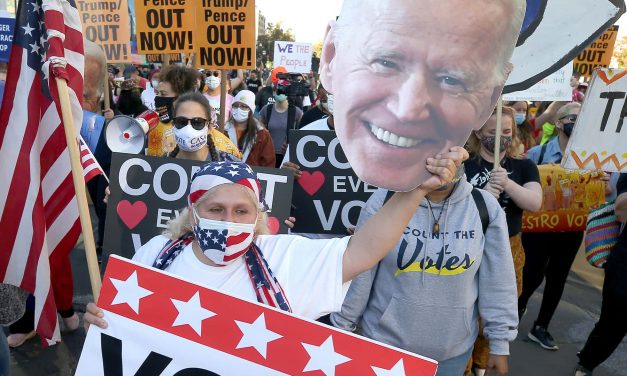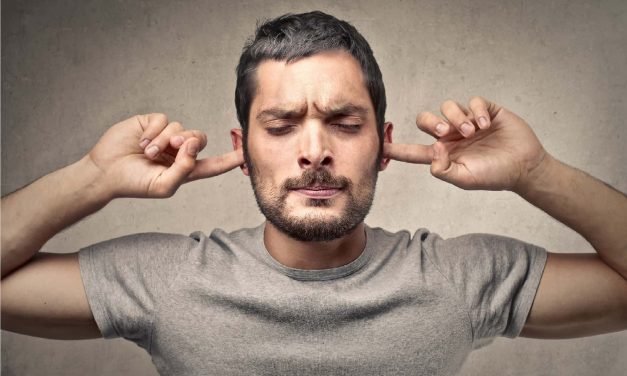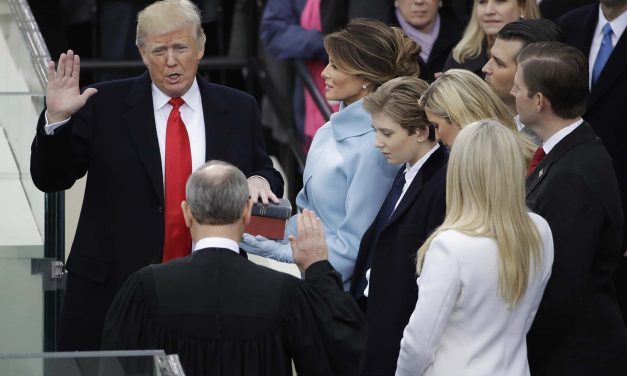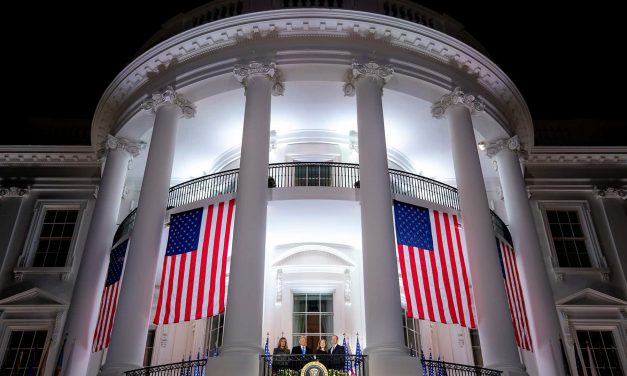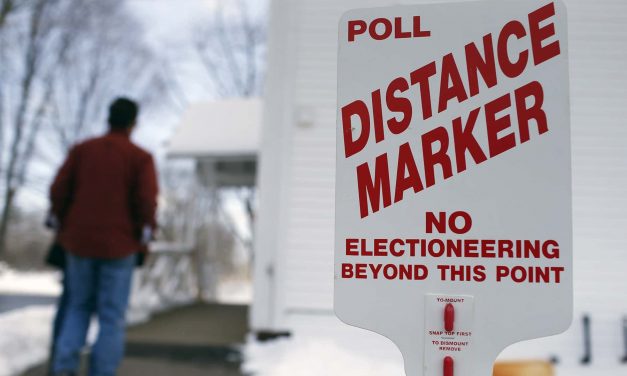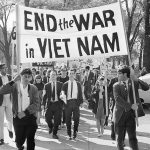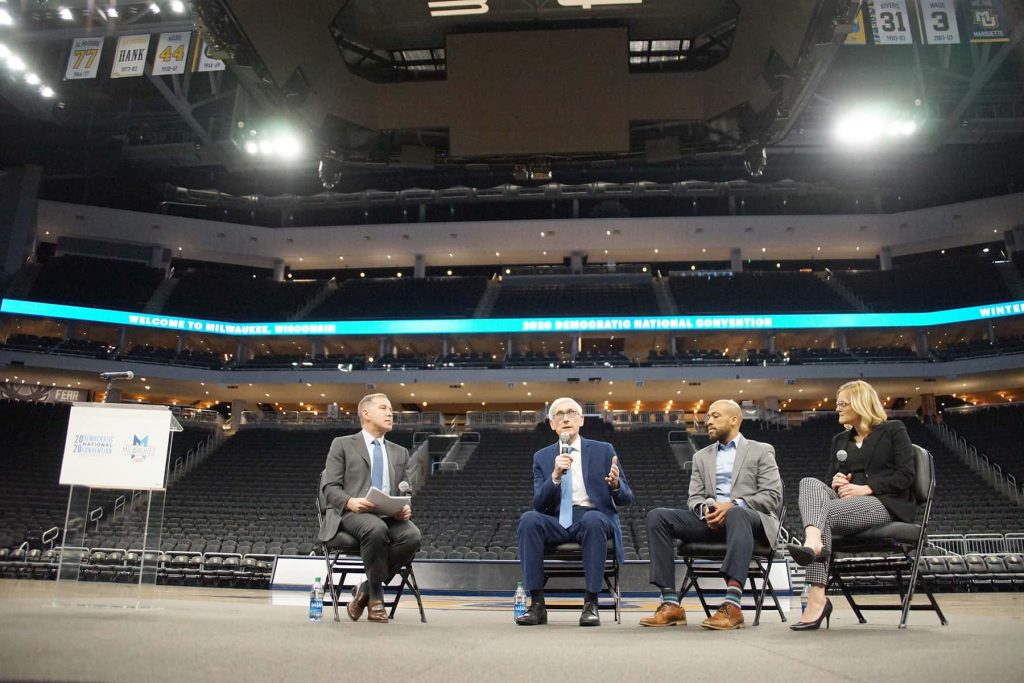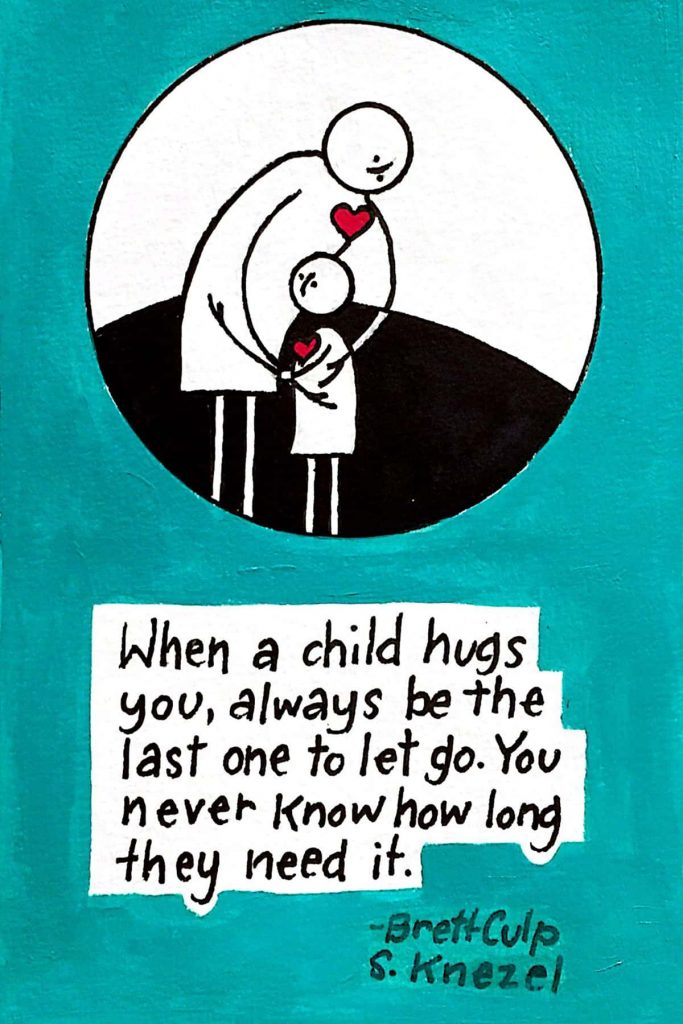The long national nightmare is over as voters overwhelmingly tell Trump: You’re Fired
By Brian J Purnell, Associate Professor of Africana Studies and History, Bowdoin College; Morgan Marietta, Associate Professor of Political Science, University of Massachusetts Lowell; and Neta C. Crawford, Professor of Political Science and Department Chair, Boston University The American public has had its say and for the first time in a generation denied a sitting president a second term. President’s Trump’s tenure lasted just four years, but in that time he dragged policy on an array of key issues in a dramatic new direction. Joe Biden’s victory, confirmed by the Associated Press late morning on Nov. 7, presents an...
Read More
